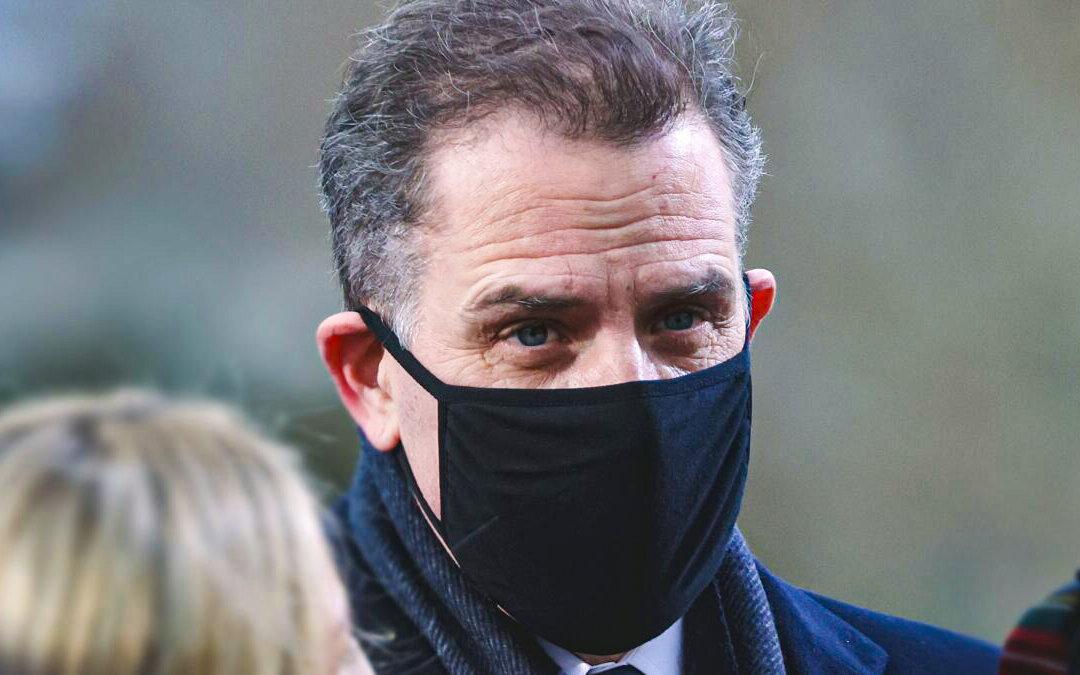One of the former CIA officers who signed a letter claiming stories about a laptop allegedly belonging to Hunter Biden were disinformation says he helped swing the 2020 election away from President Donald Trump.
“I take special pride in personally swinging the election away from Trump,” John Sipher, who served for decades as a senior operations officer at the CIA, wrote in a recent post on Twitter.





